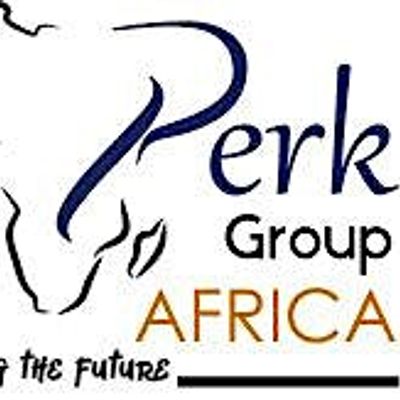
About this Event
Sign Up: Here
Course OverviewMEAL (Monitoring, Evaluation, Accountability, and Learning) is an essential component of project management and development initiatives, helping organizations understand the effectiveness of their interventions and make informed decisions. This course introduces participants to the essential principles and practices necessary for effective monitoring, evaluation, and learning in development projects. Through practical examples and interactive exercises, participants will learn how to design and implement robust monitoring and evaluation frameworks, collect and analyze data, and utilize findings for informed decision-making and continuous improvement. They will also gain insights into the importance of learning and knowledge management in driving project success and impact.
Course Objectives:
At the end of this training the participants will:
- Learn the fundamental concepts of Monitoring, Evaluation, Accountability, and Learning.
- Gain skills to design and implement effective MEAL strategies for better program outcomes.
- Integrate MEAL tools seamlessly into program development stages.
- Contribute to creating key MEAL components for thorough program assessment and improvement.
- Master the use of major MEAL tools for practical application in different program contexts.
- Develop problem-solving approaches for challenges encountered in the MEAL process.
- Learn systematic data collection, quality management, and data analysis for informed decision-making.
- Understand how to report project outcomes transparently and accountably using MEAL methodologies.
- Build skills for engaging with diverse stakeholders and being responsive to beneficiaries and partners.
- Foster a mindset of continuous learning and improvement based on feedback and changing contexts
Course Duration: 10 days
Course Outline
Module 1: Introduction to Monitoring, Evaluation, Accountability, and Learning
- Introduction to M&E and the project/program cycle
- Definition of MEAL and its components
- Purposes and uses of M&E
- MEAL approach
- Challenges to MEAL
Module 2: Frameworks and MEAL Cycle
- Frameworks and approaches informing MEAL
- The language used in MEAL
- The MEAL cycle
- Exploring key elements of a MEAL plan
- Defining indicators
- Designing, implementation, and management of a MEAL framework
Module 3: MEAL Planning and Budgeting
- Identifying project/program goals.
- Identifying project/program indicators and targets.
- Selecting data collection methods and data sources for prioritized indicators in your MEAL plan
- Decide upon your data analysis, quality assurance/validation, and management strategy.
- Identify your strategy for reporting and disseminating data.
- Activities-based MEAL budgeting
- Components of the Budget
Module 4: Accountability and Learning
- Introduction to accountability
- Aspects of accountability.
- Importance of Accountability
- Information sharing
- Participation
- Handling Complaints
- Learning and its role
Module 5: Baseline and Evaluations Design and Management
- The purpose and use of baselines and evaluations
- Purpose and use of needs assessments, situation analysis,
- Baselines, evaluations and real-time reviews
- Importance of baseline for monitoring and evaluation
- Steps in planning and undertaking baselines and evaluations
Module 6: Survey Planning and Implementation Types of surveys
- The survey design and process
- Methods of survey sampling and determining the Sample size
- Data collection techniques and tools
- Designing survey questionnaires
- Pretesting research tools for Validity and Reliability
- Conducting the survey
- After the survey
Module 7: MEAL Data Collection: Mobile Based Data Collection (ODK)
- Introduction to mobile phone data collection
- Advantages and challenges of Mobile Applications
- Components of Open Data Kit (ODK)
- Install ODK Collect into mobile devices
- Designing and creating Forms
- ODK Aggregate Server
Module 8: Data Quality Management, Tabulation and graphical presentation of data (SPSS/Stata/R)
- Types of variables (Numerical, discrete variables, dummy variables,
- Entering categorical and continuous data
- Defining and labeling variables
- Validation and Sorting variables
- Transforming, recording and computing variable
- Descriptive Statistics
- Frequency Tables
- Tables for categorical data
- Graphs and charts
Module 9: Data analysis and interpretation and use (SPSS/Stata/R)
- Hypothesis testing
- Comparing Means.
- Regression and Correlation analysis
- Interpreting the data
- Introduction to analyzing qualitative data and qualitative data analysis software
Module 10: Project reporting through MEAL
- Use of MEAL data in Reporting
- Communication activities to partners and stakeholders
- Lessons learned
- Decisions making
Contacts
Monica C. | Training Coordinator
Cell / WhatsApp: +254 712 028 449
Email:[email protected]
Website:perk-gafrica.com
Event Venue & Nearby Stays
Best Western Meridian Plus Hotel Nairobi, 00100, Nairobi, Kenya
USD 1800.00










